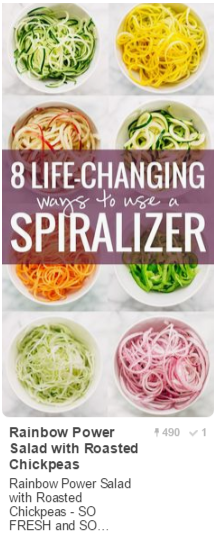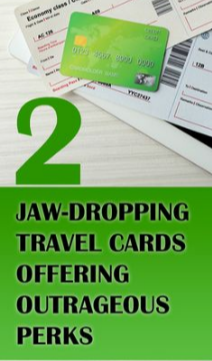
Think about the word “incredible,” for a moment. Chances are, you’ve come across the word several times today — in conversation, headlines, advertisements, and more.
Now, consider what the word “incredible” actually means. Merriam-Webster’s definition is: “too extraordinary and improbable to be believed.” With that in mind, which of the following are actually “incredible?”
7 incredible cleaning hacks that every homemaker needs to know
The incredible, edible egg
An incredible no-meat lasagna recipe that will blow your mind
The incredible journey of 3 pets who traveled 300 miles through Canadian wilderness to find their way home
Of course, it’s “the incredible journey.” If the story were to happen in real life, it truly would be incredible.
But, the rest of these examples no doubt look familiar. Because “incredible,” like many other hyperbolic terms, is overused. How is an egg incredible? It’s a staple food item that can be obtained at any grocery store.
Since the days of the “incredible, edible egg,” hyperbole has become even more pervasive — particularly in the oversaturated world of online content and content marketing. You’re probably so used to language like this (as seen on Pinterest), you don’t even think about it:

“Life changing” ways to use a spiralizer?” Seriously?

Are these credit card offers going to cause my jaw to drop at their outrageousness? I’m going to go with “no.”
As content producers compete with “clickbait” factories for attention, it’s increasingly tempting to turn to these tactics. Even some credible news outlets are doing it. But should you? Unless you’re actually Buzzfeed, I’d advise against it for a couple of reasons.
- It doesn’t actually help you stand out. When everyone’s adopting a “loud” writing style, you’re just adding to the noise by doing the same.
- It’s a cheap tactic, and I think readers and consumers are catching on.
- It could hurt your credibility. Do you really want readers to equate your content and brand with cheap clickbait? You’re better than that.
- It’s the Comic Sans of copy.
I know, part of your success is measured by how many people click on your content. While hyperbole may seem like a tempting way to entice visitors to your site, I’m here to tell you that there are better ways.
Ways to Capture Attention Without Hyperbole
- Use enticing visuals. Invest in high-quality photos, videos, and infographics. Let this do the heavy lifting, as far as capturing your reader’s attention.
- Have a strong point-of-view. Content with a point-of-view stands out, and makes the reader want to learn more.Take the “life changing ways to use a spiralizer” example. What if, instead, the headline were, “We think these spiralizer noodle recipes taste better than the real thing (and you will, too).” It makes the reader want to learn more, without all the puffed-up language.
- Focus on the most interesting angle. If you’re tempted to describe something as “incredible” or “mind-blowing,” think about what makes it so. Instead of “mind-blowing dipping sauce recipes,” the author could have said something like: “Our most-requested restaurant dipping sauce recipes — learn how make them at home.”
- Use your wit instead. Wrong way: “Jaw-dropping savings! Take an amazing 30% off zoo passes!” Witty way: “Go wild this weekend! All zoo passes are 30% off.”
- Know your audience. The simple rule is, the more you understand your audience, the more effectively you can publish content that they’re likely to engage with. When it’s the right content, for the right audience, on the right channel, you won’t need to use hyperbole to engage them.
And one more quick tip: please try to avoid excessive use of exclamation marks. A good rule of thumb is to write in the manner that you’d converse with your customer…and I know you’re not that excited all the time.
Don’t even get me started with “literally.”
What are some examples that you’ve seen (good or bad)?
